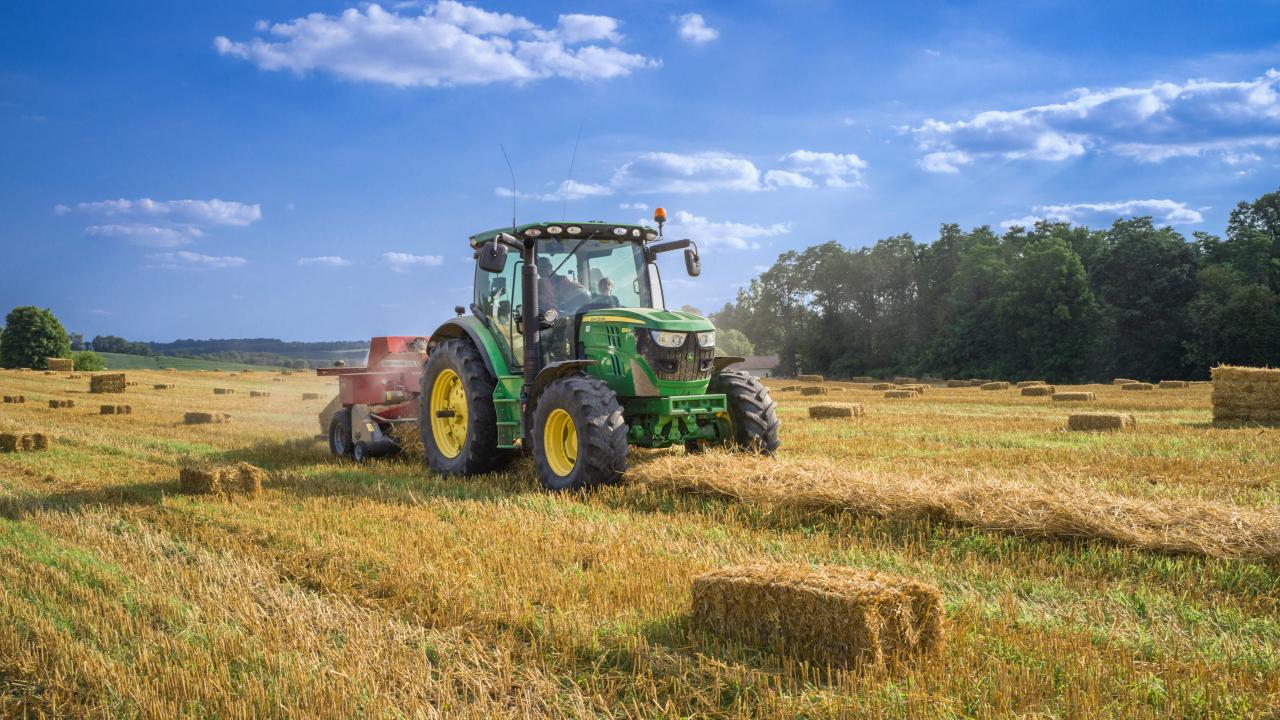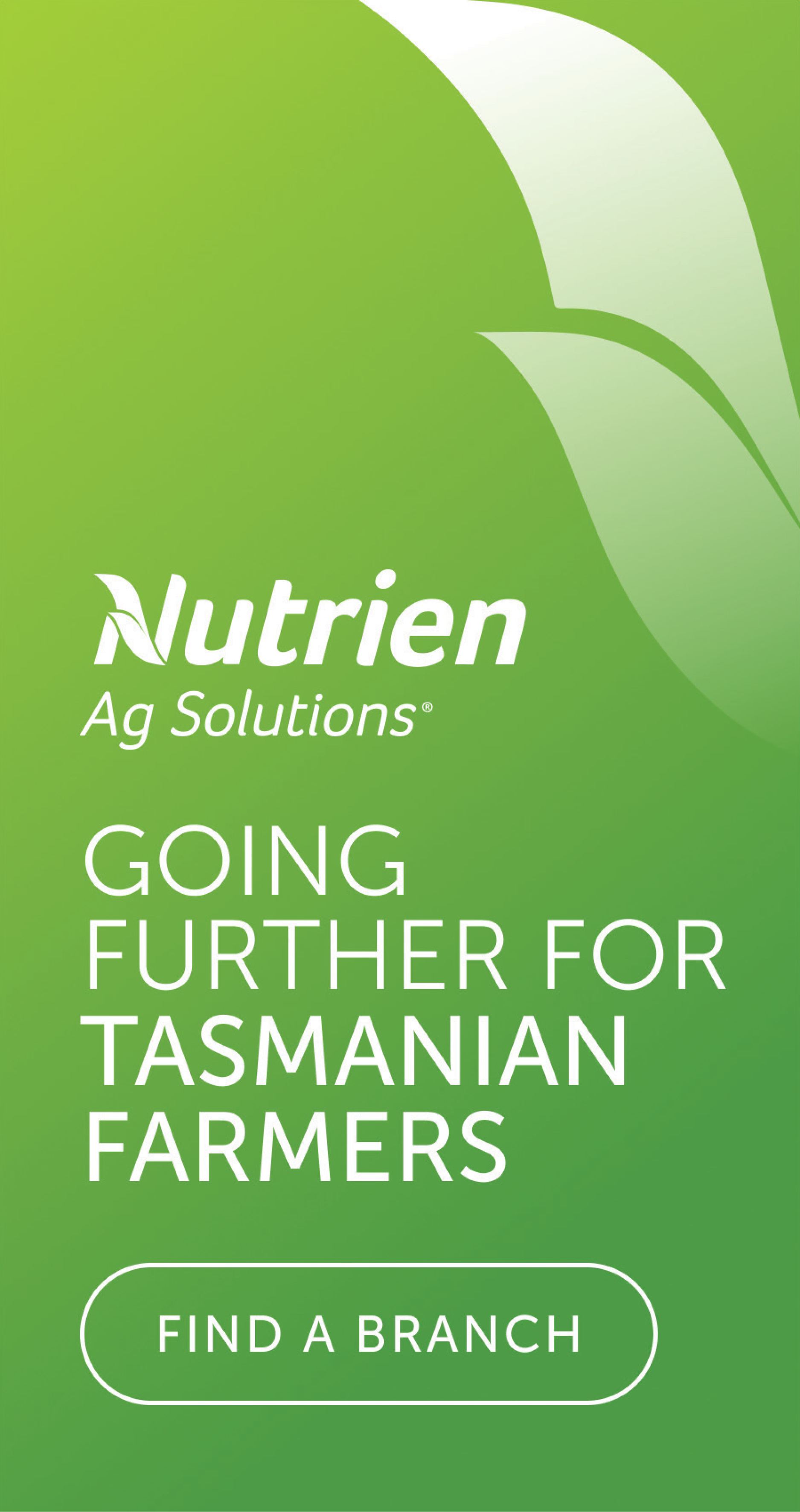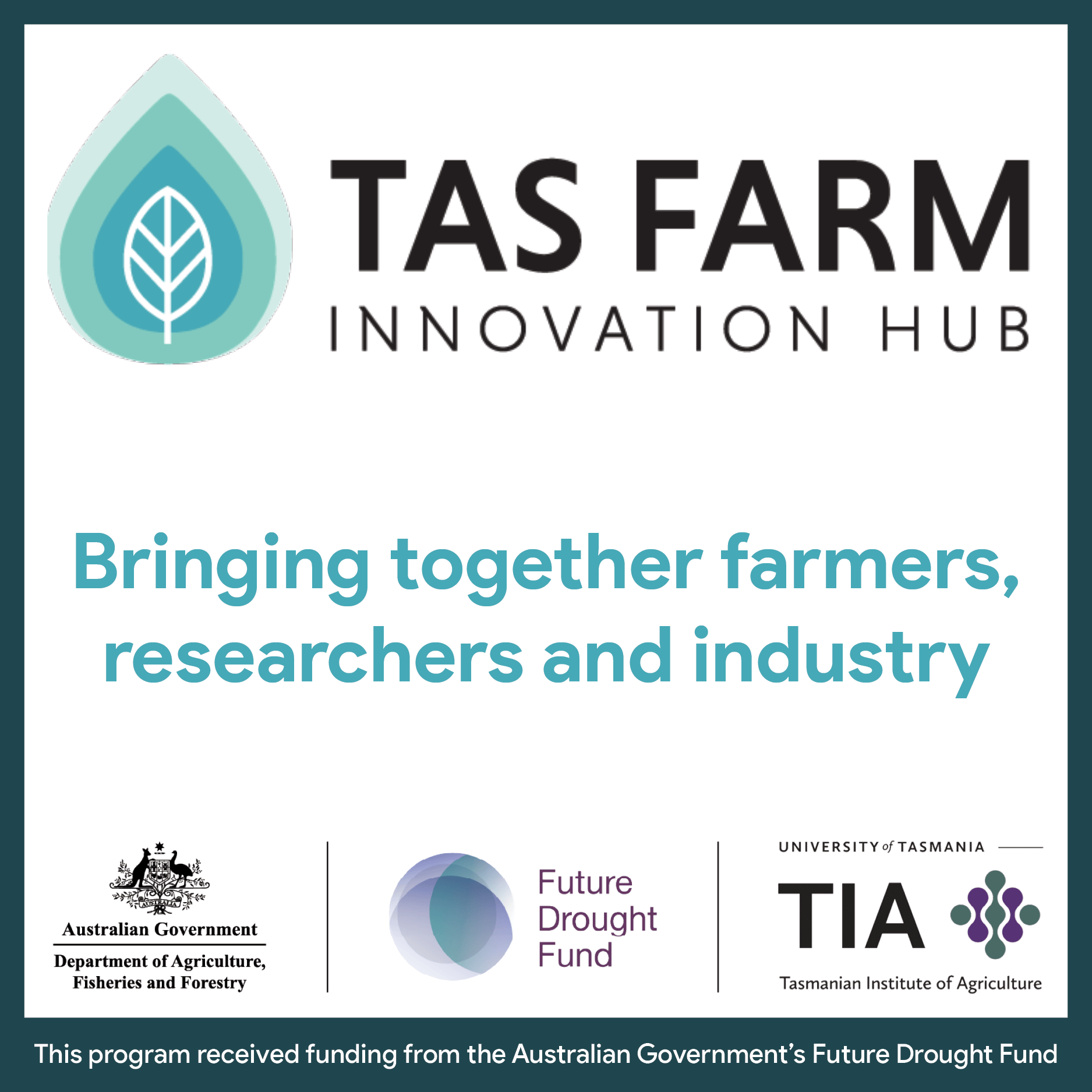How rural pledges from the last state election have progressed

Premier Jeremy Rockliff looks likely to call a state election on Tuesday, less than 15 months since Tasmanians last went to the polls.
It follows a marathon two-day debate in state parliament where a no-confidence motion against Mr Rockliff was successful.
But the Premier has remained adamant that he would not step down as Liberal Party leader during the process.
With an early election looming, Tasmanian Country is looking at the government's commitments in the rural and agricultural sector from last year’s campaign and what progress has been made.
Wool school:
At last year’s Campbell Town Show, Primary Industries Minister Jane Howlett admitted that the state’s wool industry was facing workforce issues.
“Agriculture is a pillar of the Tasmanian economy, but like many sectors, has found it difficult to attract skilled workers, with critical skills shortages being experienced in the wool industry,” Ms Howlett said.
“Currently, there are limited opportunities for education and training within the wool industry that do not require students and teachers to travel interstate.”
The Liberals pledged to provide $1.5m to the Midland Agricultural Association to establish an innovative shearing and wool handling centre at the Campbell Town Showgrounds.
The latest 100-Day Plan from the Liberals, released before the successful no-confidence motion, says it would announce the lock-up stage for the wool school on or before August 29.
North West Transmission Developments compensation:
The state government had tasked TasNetworks, in conjunction with TasFarmers, to develop a compensation plan for landowners affected by the North West Transmission Developments.
The Australian Energy Regulator estimates that the project will cost $950m, with stage one of the development corridor expected to be completed by June 2030.
In July, the Liberals announced that a Ministerial Statement of Expectations had been provided to TasNetworks.
Since then, the organisation has sent out a fact sheet outlining the easement and compensation information for potentially affected landowners.
Animal Welfare:
The release of alleged animal cruelty footage from five abattoirs in December 2023 prompted then-Primary Industries Minister Jo Palmer to establish a task force.
A few months later, during the election campaign, the Liberals specifically pledged to introduce mandatory video surveillance in all Tasmanian abattoirs and provide $3.2m to the RSPCA for animal welfare checks.
The task force submitted its final report to the government in November.
“The Tasmanian Government accepts all the recommendations within the report, fully supporting 11 of these recommendations and one in principle,” current Primary Industries Minister Jane Howlett said.
“Adoption of these recommendations will improve the humane treatment of animals in our processing facilities and supply chain.
Ms Howlett said the government had two years to implement the changes.
Mandatory video surveillance has been introduced to abattoirs since then and the RSPCA has recieved its promised funding.
Biosecurity:
In an effort to bolster biosecurity, the Liberals announced that they would provide more than $5m for a range of initiatives in the area.
Of the promises made during the last state election, so far, the government has funded and reopened a livestock biosecurity truck wash at Powranna and supported farmers tagging around a million sheep.
Commitments of $3m over four years to keep Tasmania disease-free, $500,000 to support TasFarmers to continue enhancing on-farm biosecurity, $1.2m over three years for additional biosecurity officers, and $300,000 for industry groups such as Fruit Growers Tasmania to provide community engangment and education around the issue have not been fulfilled.
An additional $13 million was later allocated in the 2024-25 state budget for biosecurity.
Irrigation:
The Liberals pledged to provide $75m for the Greater South East Irrigation Scheme, matching the federal government’s contribution to the $300m project.
The most recent state budget, which served as the catalyst for the no-confidence motion, included $75m for that project.
“The Greater South East Irrigation Scheme underpins jobs growth, drives new on-farm investment, and supports economic growth,” Ms Howlett said.
“The Scheme is on top of other irrigation infrastructure projects already under construction and providing significant support for our agricultural sector, including the Northern Midlands Irrigation Scheme, where more than 65 kilometres of pipe is now in the ground and the Sassafras Wesley Vale Irrigation Scheme augmentation.”
A further nine irrigation schemes are in various stages of development across the state.
Charter for working on Private farmland:
During this year’s Agfest, the government, TasFarmers and the state’s Government Business Enterprise announced they had updated the Charter for Working on Private Farmland.
This fulfilled a promise the Liberals made during the 2024 election.
Ms Howlett said the charter outlines what is expected on-farm, so everyone understands their rights and responsibilities, especially regarding biosecurity, safety, and respecting the property rights of farmers and their farming practices.
“Many farms are a business, workplace and home all in one,” she said.
“Farmers have the right to expect they will not be adversely impacted when businesses need access to private farmland to carry out work such as routine maintenance or reading meters.”




Add new comment